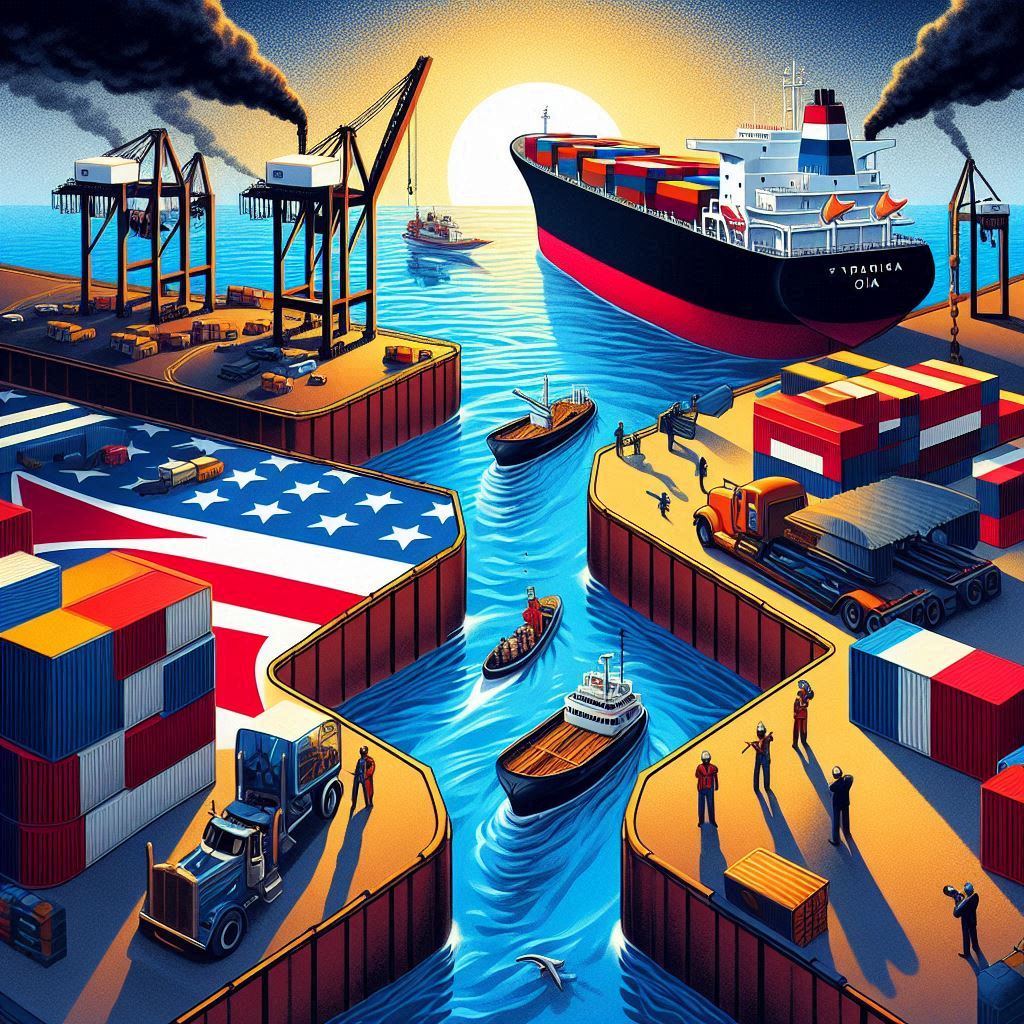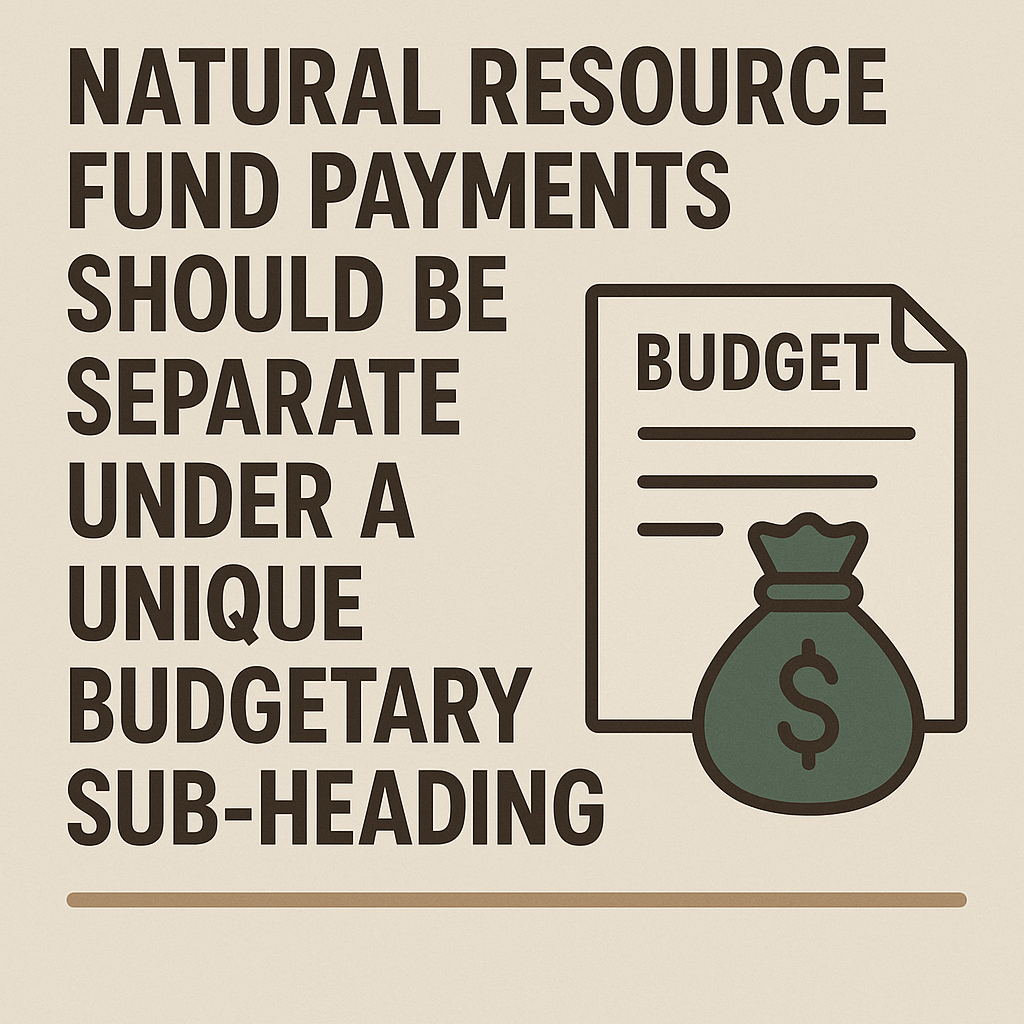There are unanswered questions that relate to future taxpayers’ burdens arising from possible new government debt interest costs and Guyana’s payment of profit taxes on behalf of the contractors from its Production Sharing Agreement. Will the Gas to Energy be similarly treated?
There are three major stakeholders in the Gas to Energy project: Contractor, Government and Taxpayers. It is not clear if taxpayers will be made worse off with the project by having to pay taxes on profits made on the sale of methane gas from Contractor to Government at the new plant.
Both Contractor and Government are in agreement that the gas has commercial value. The development of the resource is governed under Articles 12 and 14 of the 2016 Petroleum Agreement, dealing with commercialization of the gas resource. A development plan or a feasibility study should have been prepared to guide project implementation. Without a published plan or acknowledged feasibility study there are remaining uncertainties on the incidence of future tax burdens on Guyana’s taxpayers.
Plant Costs: If Government owns the Gas plant, then the capital costs of Debt Interest, Plant, and Infrastructure fall on the Taxpayers.
Tax Cost Recoveries
It is not clear if these costs are included in the 75% capital/plant cost recovery in the 2016 Agreement.
It is clear that the Minister has Tax Due liability and must pay on time to avoid interest and penalties.
Will the Contractor be shielded from paying taxes, customs duties, and profits made on future Liquefied Natural Gas sales under the 2016 Agreement?
Crude Gas: If the Minister elects to take the crude gas directly from the gas-flange at Ocean, the Government’s project plan benefits from zero cost of raw gas. This needs clarification, Article 12.1(d). In addition the Contractor’s development cost to construct the gas-flange etc., should be disclosed in the project or development plan. The situation is also fuzzy, since it is not clear if the Minister is taking its share of production in-kind from the Contract Area, subject to Article 12.3(a), in which case the Contractor has the right but not the obligation to market the Gas from the Contract Area.
Liquefied Natural Gas: If the Contractor decides to process the crude Gas in a plant owned by Guyana or Guyana plus investors, a project document is needed to spell out the terms of the Plant Capjtal cost and who bears it. The cost of Compressed Liquefied Natural Gas, LNG (Article 12.3(b) to be sold to Government also needs to have definitive costing rules.
The remaining question is whether taxpayers will be made worse off as a result of the project. The Guyanese taxpayers are already disadvantaged by having to pay the Contractor’s profits tax, for which a Foreign Tax is available in the US.
It is also clear that the Contractor and related off-shore shell companies are shielded over their risks of bearing certain project plant and maintenance costs, and possible unforeseen other risks, including any unfortunate environmental damage costs.
Sincerely,
Ganga Persad Ramdas










